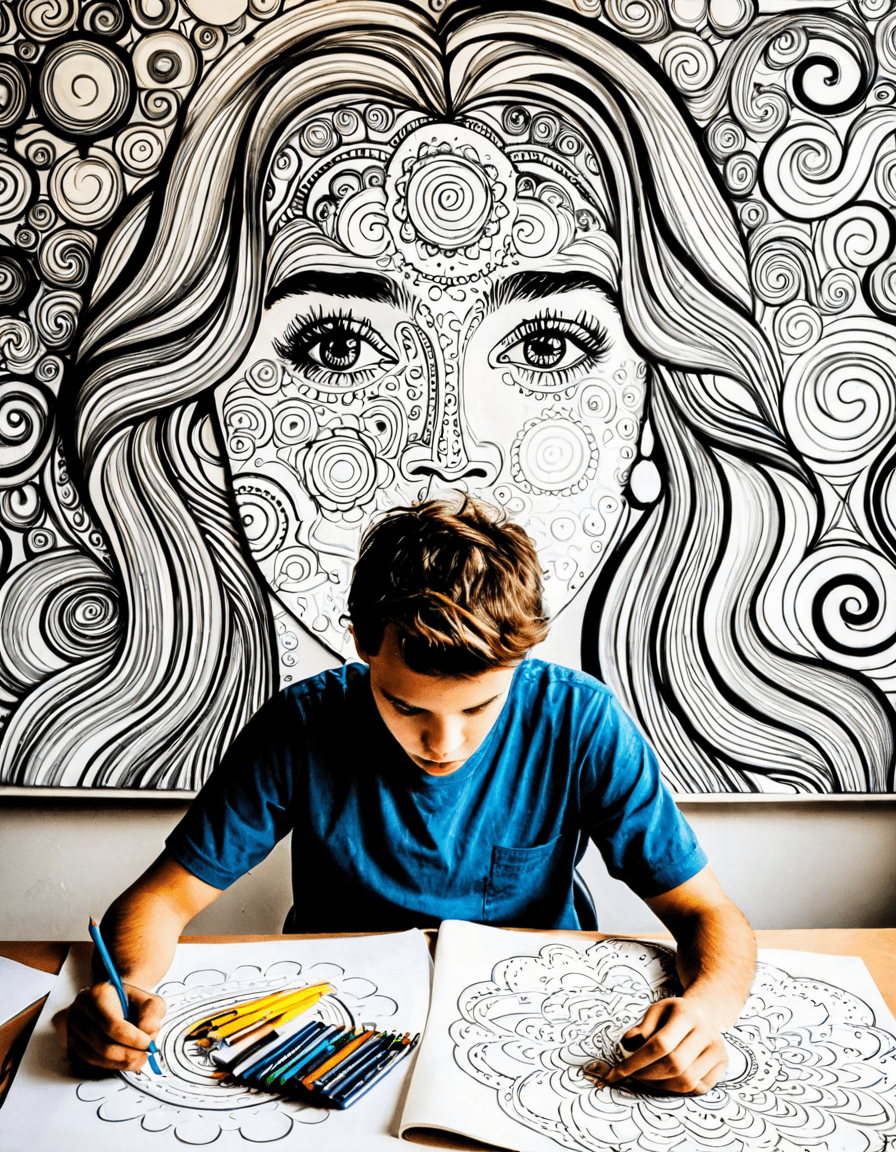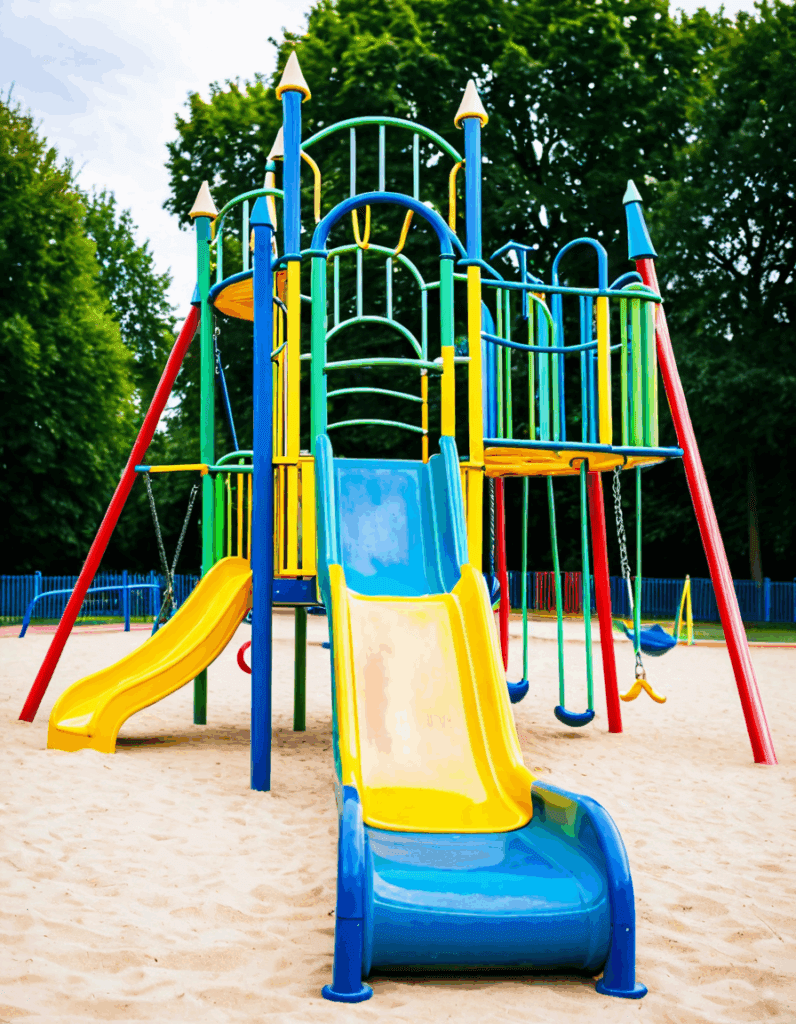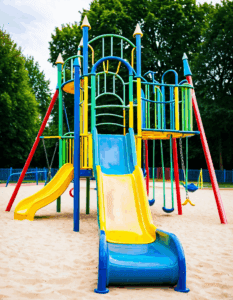Attention Deficit Hyperactivity Disorder (ADHD) is often characterized by symptoms that severely disrupt daily living. So, is ADHD a mental illness? Yes, it is, and understanding this is crucial for both parents and individuals who live with the challenges of ADHD. By shedding light on what ADHD really is, together we can better support our children and navigate the waters of their struggles.
ADHD goes beyond simple inattention or hyperactivity. It significantly alters how individuals interact with the world, making everything from academics to social interactions challenging. This article dives into how ADHD affects day-to-day life and why it deserves recognition as a serious mental health concern. With compassion and understanding, let’s explore this together.

7 Ways ADHD Affects Daily Life
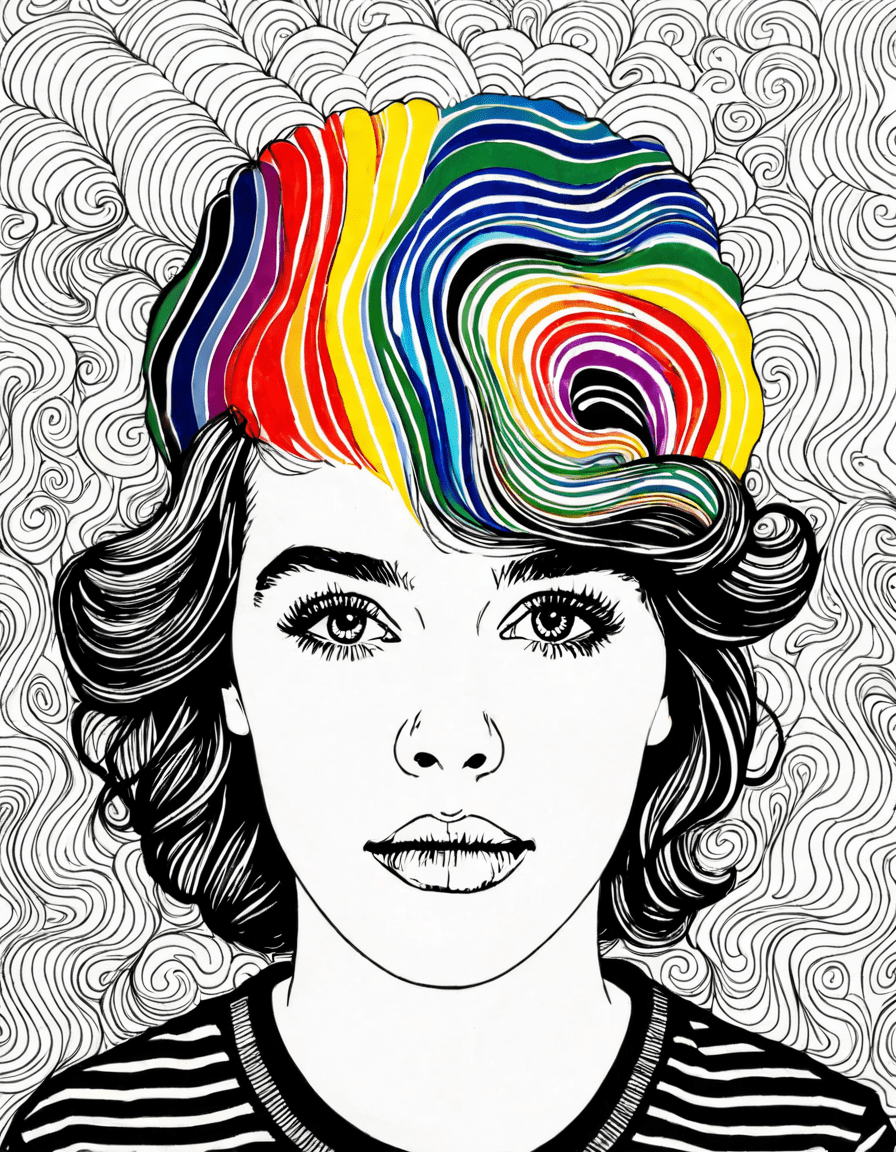
1. Academic Challenges
Students with ADHD often find themselves at a disadvantage in the classroom. For example, Simone Biles, the Olympic gymnast, has openly discussed her struggles with ADHD, sharing how it impacts her focus during lectures and her ability to complete assignments. Schools frequently lack the support systems necessary to help these children adapt, making academic success feel out of reach.
Many educators aren’t adequately trained to recognize ADHD symptoms, which leaves students slipping through the cracks. The result? Frustration and diminished self-worth as children perceive themselves as “less than” their peers. This underlines the urgent need for awareness and support in educational settings.
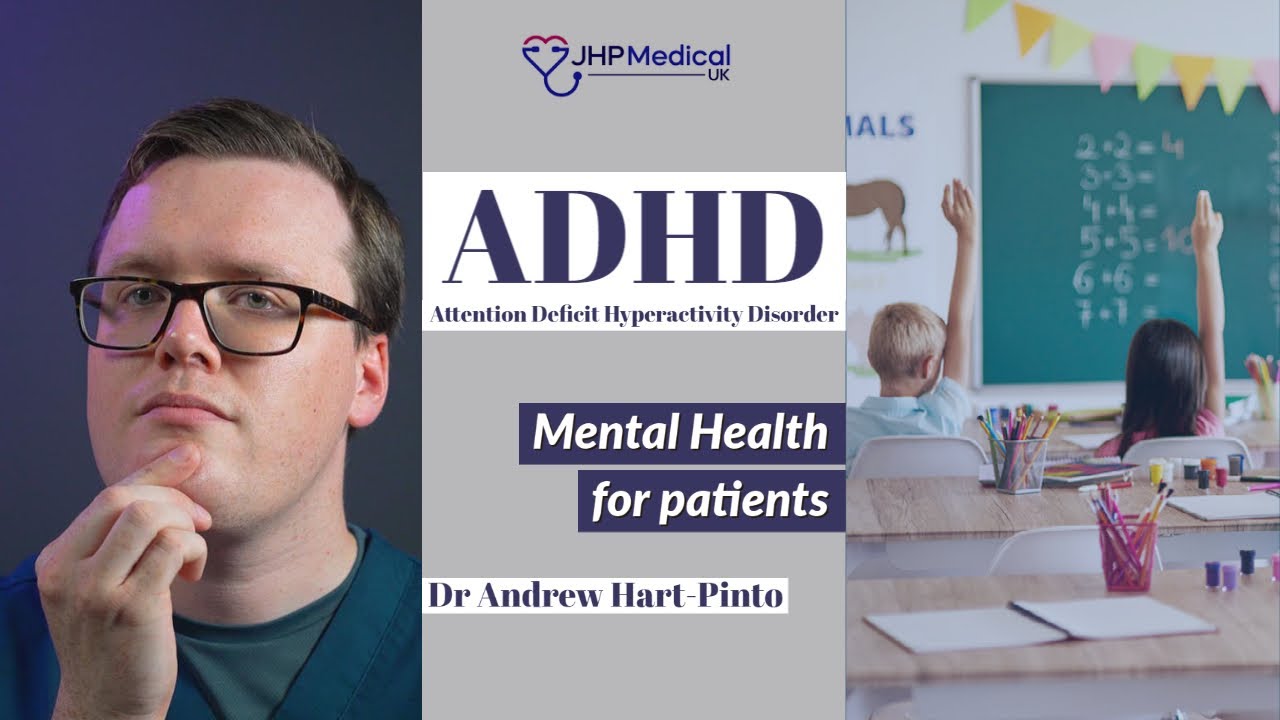
2. Occupational Impairments
The complications of living with ADHD continue into adulthood. A National Institutes of Health survey highlighted that many adults with ADHD change jobs more frequently and struggle to keep their focus at work. Richard Branson, the founder of the Virgin Group, has candidly discussed how ADHD has influenced his career, sharing stories of both triumph and turbulence.
This instability can hinder professional growth and lead to stress, further complicating their everyday lives. It’s crucial for workplaces to foster an inclusive environment, making accommodations that might help those struggling with attention challenges feel valued and productive.
3. Social Interactions
For individuals with ADHD, social settings can be intimidating, creating obstacles that make forming relationships difficult. Will Smith, the acclaimed actor, has shared his own experiences with ADHD, emphasizing misunderstandings that can occur due to impulsivity or inattentiveness. This can spiral into social isolation or conflicts, pushing emotional well-being to the sidelines.
Understanding these dynamics is vital for families and friends, as compassion and patience can bridge the gaps created by ADHD. Together, we can create spaces where everyone feels included and understood, allowing genuine connections to flourish.
4. Co-occurring Disorders
ADHD often doesn’t come alone; it’s common for individuals to face other mental health challenges like anxiety or depression. A study in JAMA Psychiatry reported that approximately 30-50% of children with ADHD also qualify for anxiety disorders. Demi Lovato has taken great strides in raising awareness about this overlap, emphasizing the necessity for comprehensive treatment approaches.
We must acknowledge that treating ADHD is not just about focused attention. It’s imperative to address any co-occurring issues to ensure holistic well-being in those affected.
5. Parenting Challenges
Parents with ADHD encounter a unique set of trials in their parenting journey, impacting both their style and family dynamics. NFL linebacker Ray Lewis speaks openly about how ADHD has shaped his life and parenting approach. He highlights the importance of patience and understanding, as these traits can ease tension within the family.
This cycle of struggle can create an environment where children with ADHD feel overwhelmed. By recognizing how ADHD influences parenting, we can create spaces that foster growth and understanding for both parents and children.
6. Daily Life Management
Everyday tasks become monumental challenges for those living with ADHD. Activities like organizing, setting reminders, or even keeping a schedule can seem insurmountable. While technology offers some solutions, it can also be distracting. Apps like Todoist and Evernote aim to help manage daily tasks, but their effectiveness varies from person to person.
Finding strategies that resonate personally can empower individuals with ADHD to reclaim their day-to-day functioning. Together, we can advocate for tools and supports that truly address these challenges.
7. Self-Esteem Issues
Living with ADHD can chip away at one’s self-esteem, leading to feelings of inadequacy and disappointment. Athletes like Michael Phelps have shared their battles with self-identity due to these everyday struggles. The societal pressures and expectations can amplify these feelings, making personal growth seem elusive.
Empowerment starts with understanding the beauty of resilience. Creating supportive environments where individuals feel valued for who they are can help combat these issues head-on.

Understanding ADHD: A Shift in Perspective
There’s an ongoing debate about whether ADHD should be classified as a mental illness. Breaking down the stigma surrounding mental health issues is essential. When we acknowledge ADHD as a legitimate mental health condition, we open doors for treatment and support.
Research shows ADHD affects brain processes and results in behaviors that significantly alter quality of life. A 2023 study in the Journal of Attention Disorders reinforced the notion that ADHD leads to structural brain differences, specifically in pathways associated with attention and impulse control. It’s clear: ADHD deserves respect and recognition.
Public figures advocating for better understanding and treatment of ADHD make strides toward reducing stigma. As society gradually opens up to the reality of ADHD’s challenges, we can work together for better educational resources and workplace accommodations.
As we continue discussing ADHD’s relation to mental illness, we promote empathy and stronger support networks. This ongoing dialogue fosters the understanding necessary to help individuals living with ADHD navigate their challenges effectively.
Recognizing ADHD as a mental health condition opens the road for advocacy, education, and meaningful change. When we stand together as parents, family members, and allies, we can provide the support that transforms lives impacted by ADHD into stories of resilience and hope.
Together, let’s advocate like never before because ADHD is not just a diagnosis—it’s a call to action for everyone who cares.
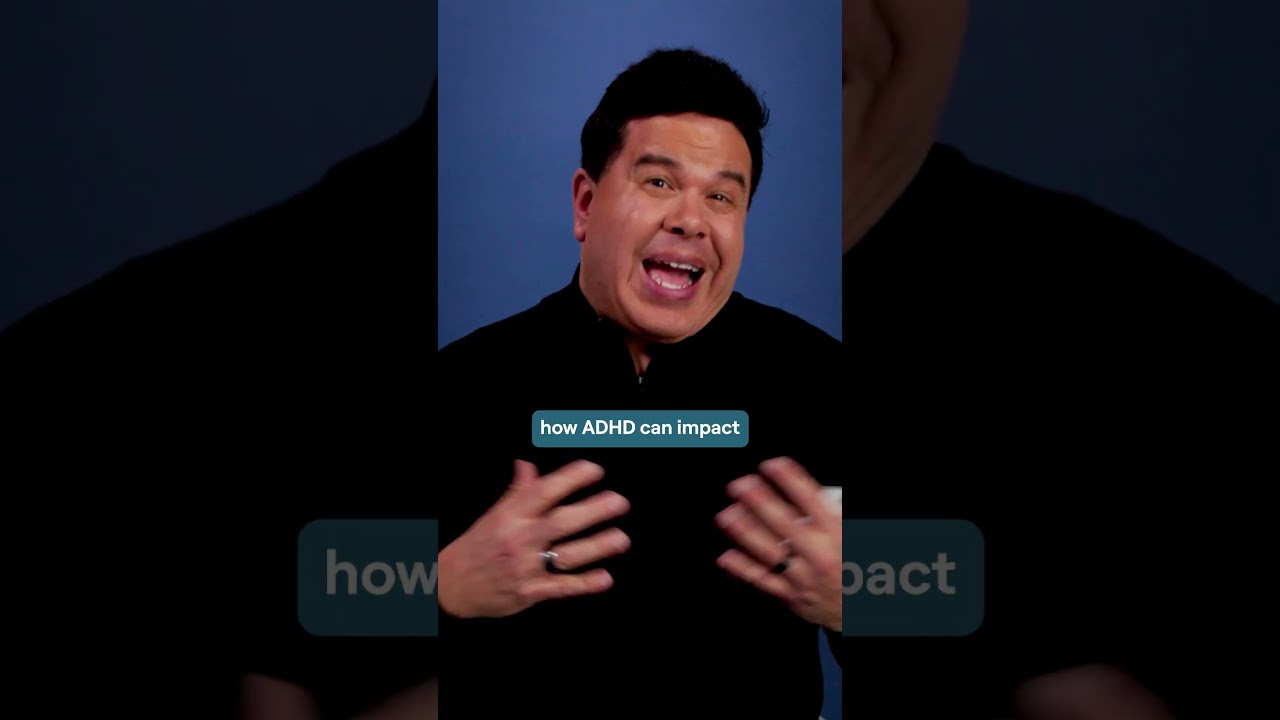
Is ADHD a Mental Illness?
When diving into the question, “is ADHD a mental illness,” many might envision a clinical diagnosis or a straightforward answer. ADHD, or Attention-Deficit/Hyperactivity Disorder, presents a unique set of challenges for those affected, influencing daily life significantly. Interestingly, as we explore its various dimensions, we discover some trivia that not many are aware of. Did you know that ADHD can manifest differently in children compared to adults? While children often display hyperactive behaviors, adults may experience challenges with organization, time management, and motivation.
The Facts Behind ADHD and Its Impacts
Let’s spice things up with a little fun fact! Studies reveal that about 5% of the global population has ADHD, making it one of the most common neurodevelopmental disorders. But here’s where it gets tricky—it often coexists with other conditions, such as anxiety or depression. Parents, isn’t that striking? You might find it helpful to explore What about depression, as it frequently links with ADHD symptoms. Furthermore, awareness is growing in countries around the globe, evident in the resources being made available, like ADHD in Spanish for Spanish-speaking families seeking support.
Explaining ADHD can sometimes feel as hard as explaining why cats like fish For Cats! While ADHD affects focus and impulse control, it’s essential to remember that it doesn’t define a person’s entire identity. Many people with ADHD go on to lead vibrant lives, contributing significantly in various fields, much like the creativity often seen in characters from “Dungeon Meshi” who navigate their adventures with unique strategies. Their lives are testimony that with the right support and coping mechanisms, one can face the daily hurdles ADHD throws our way.
ADHD: More Than Just a Diagnosis
So, let’s tackle the million-dollar question: is ADHD a mental illness? To some, it might appear as a label, but it’s vital to understand that ADHD is considered a neurodevelopmental disorder, impacting how individuals think and act. Some might argue that categorizing it as a mental illness can carry a stigma, resembling conditions often expressed through pain in Spanish, emphasizing emotional struggles that aren’t always visible. What’s fascinating is how conversations around ADHD are shifting, bringing in narratives that resonate widely and encourage empathy. Just like a natural gas generator can power up a whole system, proper support and awareness can light the way for families dealing with ADHD, making the journey more manageable.
Recognizing these facts and trivia isn’t just for knowledge’s sake; it paves the way for better understanding and communication. As we learn more about ADHD, we can foster a supportive environment, which is essential for those living with the condition. And remember, whether it be through the comfort of a comfy nike fleece jacket or a supportive community, these small aids can make a big difference in easing some daily challenges faced by individuals with ADHD.
